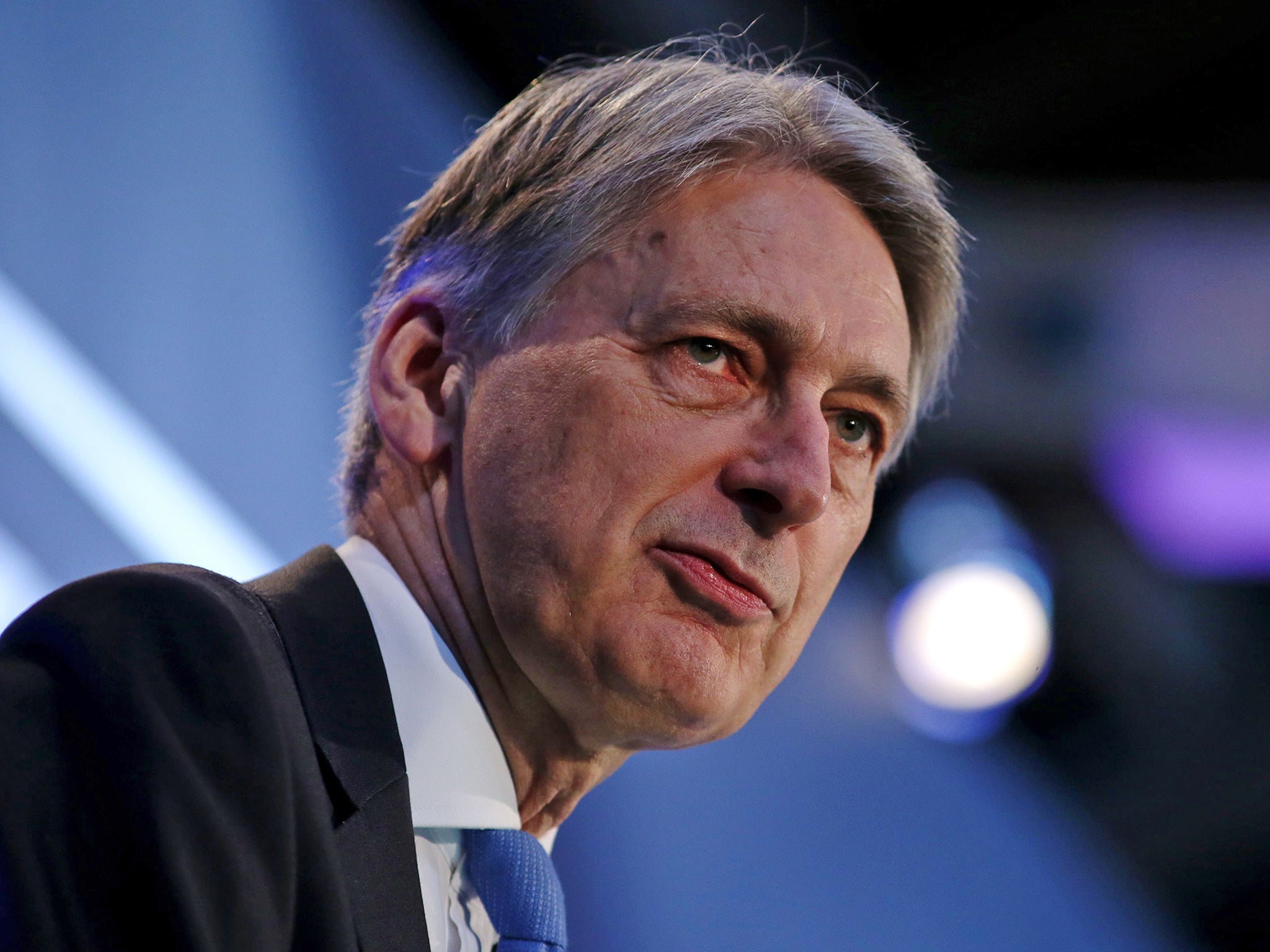Public sector pay announcement: Fears of further government cuts as teachers, prison officers, doctors among 1m workers to learn of wage cap end
Teachers, prison officers, the armed forces, doctors and dentists all set to benefit - but pay hikes likely to come from existing budgets

Your support helps us to tell the story
From reproductive rights to climate change to Big Tech, The Independent is on the ground when the story is developing. Whether it's investigating the financials of Elon Musk's pro-Trump PAC or producing our latest documentary, 'The A Word', which shines a light on the American women fighting for reproductive rights, we know how important it is to parse out the facts from the messaging.
At such a critical moment in US history, we need reporters on the ground. Your donation allows us to keep sending journalists to speak to both sides of the story.
The Independent is trusted by Americans across the entire political spectrum. And unlike many other quality news outlets, we choose not to lock Americans out of our reporting and analysis with paywalls. We believe quality journalism should be available to everyone, paid for by those who can afford it.
Your support makes all the difference.Around one million public-sector workers will finally be freed from a harsh eight-year pay cap today – but the move will spark fears of further cuts to services.
Teachers, prison officers, members of the armed forces, doctors and dentists are set to be handed rises of between 1 and 3.5 per cent, backdated to last April.
However, the Treasury is not expected to fund the cost of lifting the much-criticised 1 per cent pay cap, forcing individual departments to find the cash from within existing budgets.
Some ministers will potentially be forced to make cuts, on top of savage reductions to their budgets over the last eight years under the austerity programme.
David Gauke, the justice secretary, refused to say his department would be compensated for higher pay – despite a 40 per cent cut to his funds since 2010.
The announcement is expected to give teachers the biggest pay rises, of up to 3.5 per cent, while some in the prison service will get about 2.75 per cent.
Tens of thousands of military personnel will see their salaries grow by 2 per cent, but even that falls short of the current rate of inflation.
The 1 per cent cap – introduced in 2013, replacing a three-year freeze before that – was officially lifted last year, to give police and prison officers up to 2 per cent.
That was followed by a 6.5 per cent rise of NHS workers, which was funded by the Treasury because of the growing crisis in the health service.
The failure to replicate that for other departments is likely to be resented by other cabinet ministers, who have been forced to take the hit themselves.
Philip Hammond, the chancellor, is already racking up huge extra bills with no explanation of how they will be funded, ahead of the Budget in the autumn.
They include the £20bn promised by Theresa May for the NHS, with claims of a “Brexit dividend” dismissed by the government’s own economic watchdog.
Torsten Bell, the director of the Resolution Foundation think-tank, said schools would be particularly fearful of unfunded pay rises, because up to 80 per cent of their costs were salaries.
A two per cent pay rise would cost schools £200m – which might be bearable for one year, but would have big consequences if repeated for future years.
“When you have a big rise in those salary costs, then that impacts on the overall budgets of schools,” Mr Bell told BBC Radio 4’s Today programme.
Join our commenting forum
Join thought-provoking conversations, follow other Independent readers and see their replies
Comments